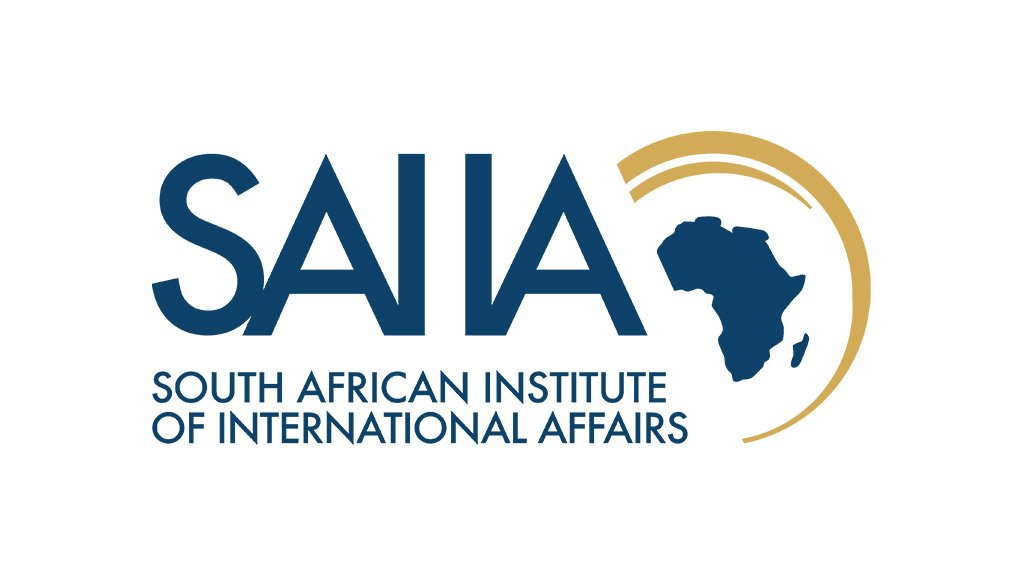While the World Trade Organisation’s Trade Facilitation Agreement can act as a powerful tool for progress, it cannot work in isolation. It also requires complementary reforms addressing specific country-level challenges, and a well-functioning global trading regime that accounts for developing countries’ needs.
With the United States and China locked in a trade war, climate action lagging behind climate reality, and the World Trade Organisation’s Appellate Body at risk of becoming inoperable, the theme of this week’s WTO public forum – “Trading Forward: Adapting to a Changing World” – couldn’t be more appropriate. But if the global trading system is to be adapted to twenty-first-century realities, careful attention must be paid to the needs of developing countries.
Consider Africa, which has been working hard lately to deepen intra-continental trade and integration. While such efforts – most notably the African Continental Free Trade Area (AfCFTA) – have the potential to spur growth and development, their impact depends both on complementary global reforms and on countries’ implementation of WTO agreements. Success is far from guaranteed.
The Trade Facilitation Agreement, which entered into force in 2017, is a case in point. One of the few WTO agreements to be ratified in recent years, the TFA places developing members’ ambitions at the forefront. It aims to expedite the movement, clearance, and release of goods across borders; establishes measures for effective cooperation between customs and other relevant authorities; and provides for technical assistance and capacity building.
The TFA recognises that trade facilitation rests on three key pillars: simplification, harmonisation, and transparency. Given its global uptake, it has the potential to ensure that reforms reflecting this recognition are “locked in” across countries, including those whose governments might otherwise be reluctant to implement them.
For African countries that manage to implement the TFA fully, the gains could be massive. According to a 2015 WTO study, the TFA could lead to a 35% increase in exports from least-developed African countries, a 3.5% boost to economic growth across developing economies, and a 20% improvement in the diversification of exports.
Yet, for many African countries, implementing trade-facilitation reforms will require overcoming concurrent challenges, such as supply constraints, slow economic growth, inefficient customs controls, and poor border coordination. In this sense, the AfCFTA – which recognizes the hard and soft infrastructure challenges hampering trade-facilitation reforms on the continent – complements the TFA. But, because the AfCFTA is yet to be implemented, its contribution remains theoretical.
To enable developing countries to pursue complementary reforms, the TFA allows them longer implementation periods, according to their individual needs and priorities. At the same time, it provides a kind of “matchmaking mechanism” for donors to provide technical and financial assistance.
But for these partnerships to work, recipient countries must identify their priorities, potential barriers to progress, and the interventions that are needed to overcome them. They must then communicate their conclusions clearly to the donors with which they are matched.
A recent study by SAIIA goes some way toward demonstrating how to do that, by examining the case of land-locked, low-income Zambia. Among the study’s key findings is that Zambia must go “from land-locked to land-linked” by creating effective regional transportation networks and building close relations with neighbors, in order to ensure well-functioning customs administration, border control, and access to ports. Both physical infrastructure and information and communication technology are essential.
Although Zambia does engage its neighbors in rolling out one-stop border posts, these working relationships are not without their challenges and require a balancing act between shared regional goals and national priorities. Carrying out port-of-entry operations at a single common border crossing would reduce time spent at borders, lower logistics costs, foster cooperation, and enable the integration of information and risk management. To secure the necessary buy-in for this and other trade-facilitation reforms, the private sector must be included in decision-making.
The SAIIA study also underscores the need for Zambia to embed its trade-facilitation reform priorities into the agendas of a range of government agencies, thereby improving coordination. All of these agencies must understand not only national priorities, but also how efforts can be directed toward improving trade conditions and deepening regional integration, thereby contributing to wider global development goals. Training programs and capacity-building support offered by the United Nations Conference on Trade and Development and the Global Alliance for Trade Facilitation can support this effort by helping to create a pool of government personnel with the knowledge and skills to implement long-term reforms.
The TFA, like any WTO agreement, is a powerful tool for progress. But it cannot work in isolation. The necessary complementary reforms addressing specific country-level challenges depend on the proper functioning of the broader global trading system. That is why, rather than allowing a couple of large actors to derail that system, the experts gathering for the WTO public forum this week must advance a vision for a system that accounts for all member states’ needs, beginning with the developing countries that are too often left behind.
Research by Asmita Parshotam, SAIIA
EMAIL THIS ARTICLE SAVE THIS ARTICLE ARTICLE ENQUIRY
To subscribe email subscriptions@creamermedia.co.za or click here
To advertise email advertising@creamermedia.co.za or click here











